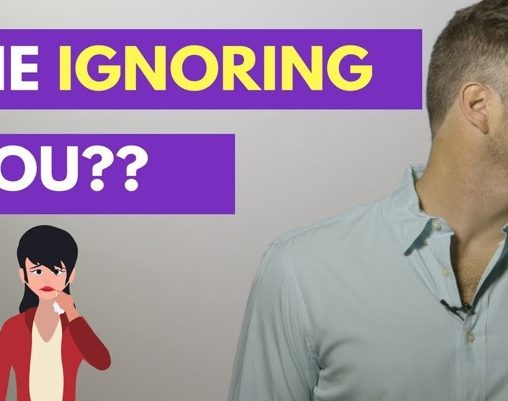The Latest Online Dating Scam
If you’re over 50 and looking for love online, you need to be aware of the latest online dating scam. This scam targets singles on dating sites like Match.com, eHarmony, and Plenty of Fish, among others. The scammers use fake profiles to trick their victims into thinking they’re real people looking for a relationship. They may also use emotional manipulation to gain the trust of their targets.
How the Scam Works
The scammers create a fake profile on a dating site and use photos of attractive people to lure their victims. They may use a stock photo or a stolen image from social media to create their fake profile. Once they’ve set up their profile, they start messaging potential victims. They may use flattering messages or emotional manipulation to gain the trust of their targets.
Once the scammers have gained the trust of their targets, they’ll start asking for money. They may claim to need the money for an emergency or to pay for travel expenses to meet their victims in person. Whatever the excuse, the scammers will keep asking for money until their victims realize they’ve been scammed.
The Danger of Online Dating Scams
Online dating scams can be devastating for their victims. Not only can they lose their hard-earned money, but they can also be emotionally scarred by the experience. Victims may feel embarrassed or ashamed that they fell for the scam, and they may be reluctant to report it to the authorities.
What You Can Do to Protect Yourself
To protect yourself from online dating scams, you need to be vigilant. Here are some tips to keep in mind:
- Be wary of anyone who asks for money. If someone you’ve just met online asks for money, it’s a red flag. Don’t send money to someone you’ve never met in person.
- Do a reverse image search. If you’re not sure whether someone’s profile picture is real, you can do a reverse image search to see if it’s been used elsewhere on the internet.
- Use a reputable dating site. Stick to well-known dating sites like Match.com or eHarmony, which have measures in place to prevent scammers from creating fake profiles.
- Don’t share personal information too quickly. Avoid giving out personal information like your address or phone number until you’re sure you can trust someone.
- Trust your instincts. If something doesn’t feel right, it probably isn’t. Trust your gut and don’t be afraid to walk away from a conversation if you feel uncomfortable.
Pros and Cons:
Pros:
• Protect yourself from online dating scams • Stick to well-known dating sites like Match.com or eHarmony, which have measures in place to prevent scammers from creating fake profiles • Avoid giving out personal information like your address or phone number until you’re sure you can trust someone
Cons:
• You may feel embarrassed or ashamed that you fell for the scam • Victims may be reluctant to report it to the authorities • You need to be vigilant
FAQs:
Q. How can I tell if someone is a scammer on a dating site?
A. Look out for red flags like asking for money or personal information too quickly. You can also do a reverse image search to see if their profile picture has been used elsewhere on the internet.
Q. What should I do if I’ve been scammed?
A. Report the scam to the authorities and the dating site where you met the scammer. Don’t be afraid to ask for help or support from friends or family.


